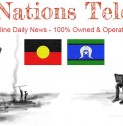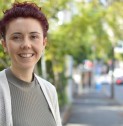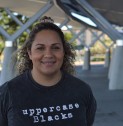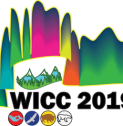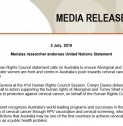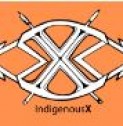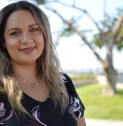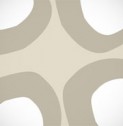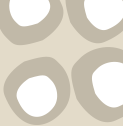Associate Professor Lisa Whop
Honourary Research fellow
Qualifications:
PhD of Epidemiology, Charles Darwin University, 2016; Master of Applied Epidemiology, Australian National University, 2011; Bachelor of Medical Science, Queensland University of Technology, 2008.
Location:
Biography:
Lisa’s key motivation is improving the health of Aboriginal and Torres Strait Islander people.
Her research to date has focused on improving outcomes for Aboriginal and Torres Strait Islander people with cancer.
Her PhD project was the first population-based study in Australia to investigate Indigenous women’s participation in cervical screening and its given consequences.
Lisa is also an Associate Professor, National Centre for Epidemiology and Population Health, College of Health & Medicine at the Australian National University.
- National Indigenous Cervical Screening Project
- Yarning with our mob about HPV vaccination uptake
- TACTICS: Targeted Approach to Improve Cancer Services for Aboriginal and Torres Strait Islander Australians
- Screening Matters
- Using data to improve cervical cancer outcomes for Aboriginal and Torres Strait Islander women
- Queensland Better Cardiac Care: a data linkage study
- HPV Vaccination Partnership (Kirby Institute)
- The Memory Study (University of Newcastle)
- What Matters (Menzies and University of Sydney)
- An integrated national assessment of cervical cancer prevention, incidence and survival for Australian Aboriginal and Torres Strait Islander women: a data linkage study
- Li M, Roder D, Whop LJ, et al Aboriginal women have a higher risk of cervical abnormalities at screening; South Australia, 1993-2016. Journal of Medical Screening. Accepted October 2018
- Diaz A, Baade PD, Valery PC, Whop LJ, et al. Comorbidity and cervical cancer survival of Indigenous and non-Indigenous Australian women: A semi-national registry-based cohort study (2003-2012). PLoS One. 2018;13(5):e0196764.
- Whop, L. J., Baade, P., Garvey, G., et al. Inequalities in time to clinical investigation after a high-grade abnormal Pap smear between Indigenous women and non-Indigenous women in Queensland, 2000-2009. Medical Journal of Australia. 2017
- Whop LJ, Garvey G, Baade P, et al. The first comprehensive report on Indigenous Australian women’s inequalities in cervical screening: a retrospective registry cohort study in Queensland, Australia (2000-2011). Cancer. 2016
- Whop LJ, Baade P, Garvey G, et al. Cervical abnormalities are more common among Indigenous than other Australian women: a retrospective record-linkage study, 2000-2011. PLOSOne. 2016
- Whop LJ, Bernardes CM, Kondalsamy-Chennakesavan S, et al. Indigenous Australians with non-small cell lung or cervical cancer receive sub optimal treatment. Asia Pac J Clin Oncol. (2016).
- Whop LJ, Diaz A, Baade P, et al. Using probabilistic record linkage methods to identify Australian Indigenous women on the Queensland Pap Smear Register: the National Indigenous Cervical Screening Project. BMJ Open. 2016;6(2):e009540.
- Diaz A, Whop L.J., Valery P.C., Moore S.P., Cunningham J., Garvey G., Condon J.R. (2015) Cancer outcomes for Aboriginal and Torres Strait Islander Australians in rural and remote areas. The Australian Journal of Rural Health. 23(1): 4-18.
- Whop, L.J., Cunningham, J. & Condon, J.R. (2014). How well is the National Cervical Screening Program performing for Indigenous Australian women? Why we don't really know, and what we can and should do about it. Eur J Cancer Care (Engl).
- Condon, J.R., Garvey, G., Whop, L.J., Valery, P.C., Thomas, D., Gruen, R., Cunningham, J. (2013). Aboriginal and Torres Strait Islander Australians and cancer. Cancer Forum, 37(1), 27-30.

.jpg&w=214&h=285)
